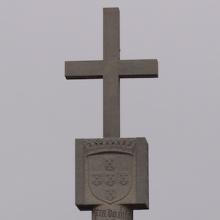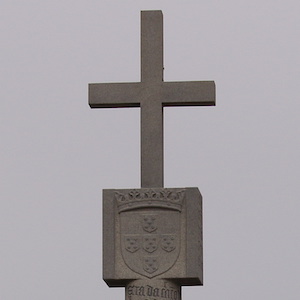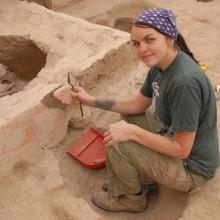Europe

Iceland Saga Map
Ultimately, the purpose of this map is to encourage and aid new readings of the sagas.
Short Teaching Module: Christianity and Slavery in the Kingdom of Kongo, 1480s-1520s
Portuguese missionaries brought Christianity to West Africa in the late fifteenth century. They had their greatest success at conversion in the Kingdom of the Kongo, a powerful state that was never conquered in the early modern period.
Excerpt of letter from Nzinga Mbemba to Portuguese King João III
In 1526, the king of the Kongo, Nzinga Mbemba (who by this time had adopted the Christian name of Afonso I) began writing a series of twenty-four letters to the Portuguese King Joao III appealing for an end to the slave trade.

Padrão
In the 1480s, the Portuguese brought pillars (or padraos) with them in their explorations of western and southwestern Africa and placed them at prominent points, claiming these for Portugal. This is a replica of one of them, from what is now called Cape Cross, in Namibia.

Global Architectural History Teaching Collaborative
Perhaps most interesting and relevant for world history teachers and students are the modules that make connections across space and time.
Analyzing Material Objects
The modules in Methods present case studies that demonstrate how scholars interpret different kinds of historical evidence in world history. This module developed by historian Daniel Waugh explores how historians interpret material objects to better understand the past.

Temple of Vespasian altar
This stone alter found in Pompeii, Italy was part of temple dedicated to the Roman Emperor Vespasian who ruled from 69 to 79 CE. The alter depicts a scene of a bull being led to a religious sacrifice, a common practice in ancient Rome.

Bone comb
Historians and archeologists can learn a great deal from artifacts such as this comb that may date from the Neolithic or Late Stone Age. Items found near the artifact can help provide context such as when the artifact was created and what it might have been used for.

Edsitement
The site contains over 500 lesson plans in a variety of humanities related subjects including history, literature, and art.